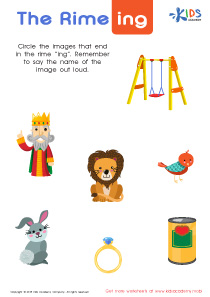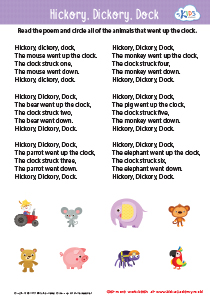Reading comprehension Extra Challenge Building Vocabulary Worksheets for Ages 3-7
9 filtered results
-
From - To
Boost your child's reading skills with our "Reading Comprehension Extra Challenge: Building Vocabulary Worksheets for Ages 3-7." These engaging worksheets are designed to enhance your child's vocabulary, comprehension, and critical thinking abilities. Perfect for young learners, each fun activity includes colorful illustrations and interactive tasks tailored to suit early readers. Our expertly crafted exercises serve as a great supplementary resource to classroom instruction, ensuring your child is challenged and motivated to learn more every day. Ideal for home or school use, these worksheets inspire a love of reading while building essential language skills. Empower your child's education today!
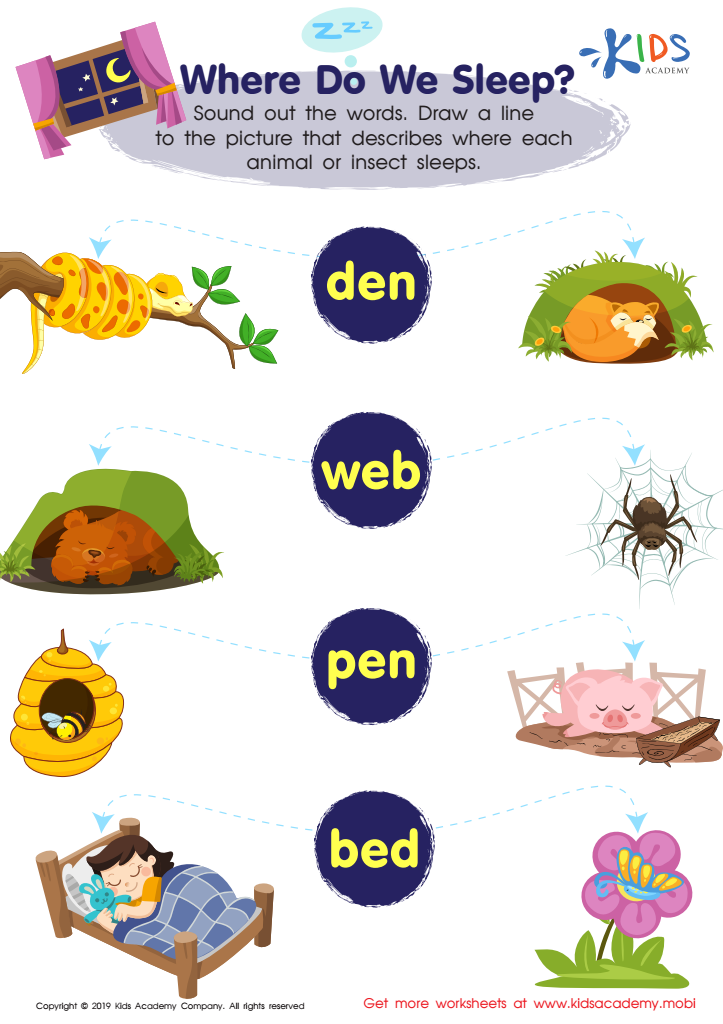

Where Do We Sleep Worksheet
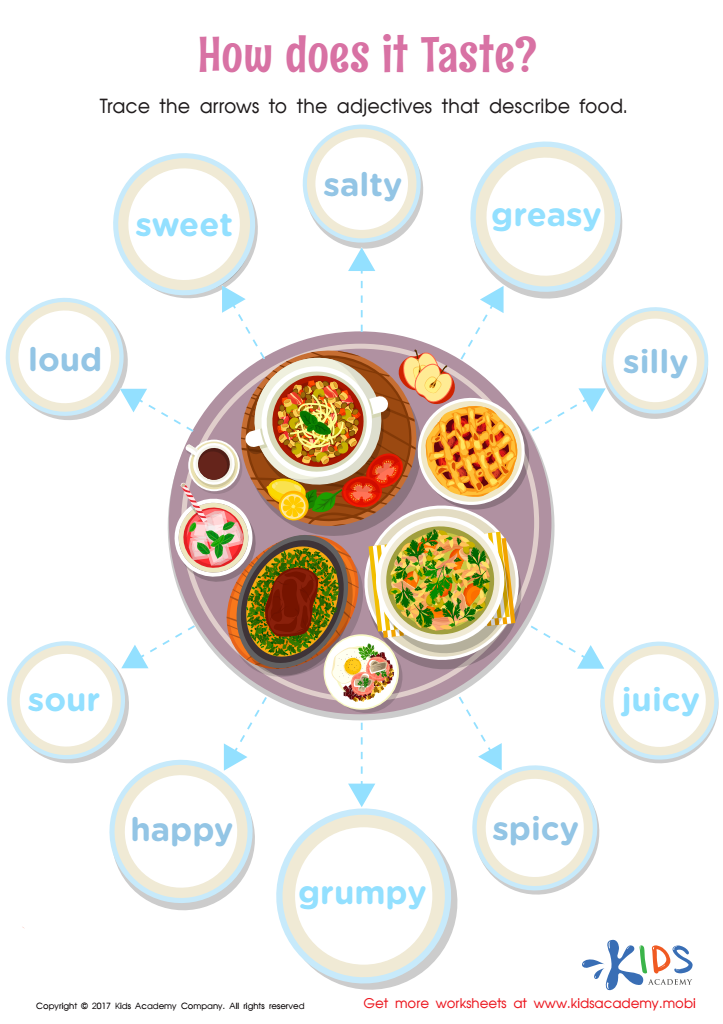

Food Adjectives Worksheet
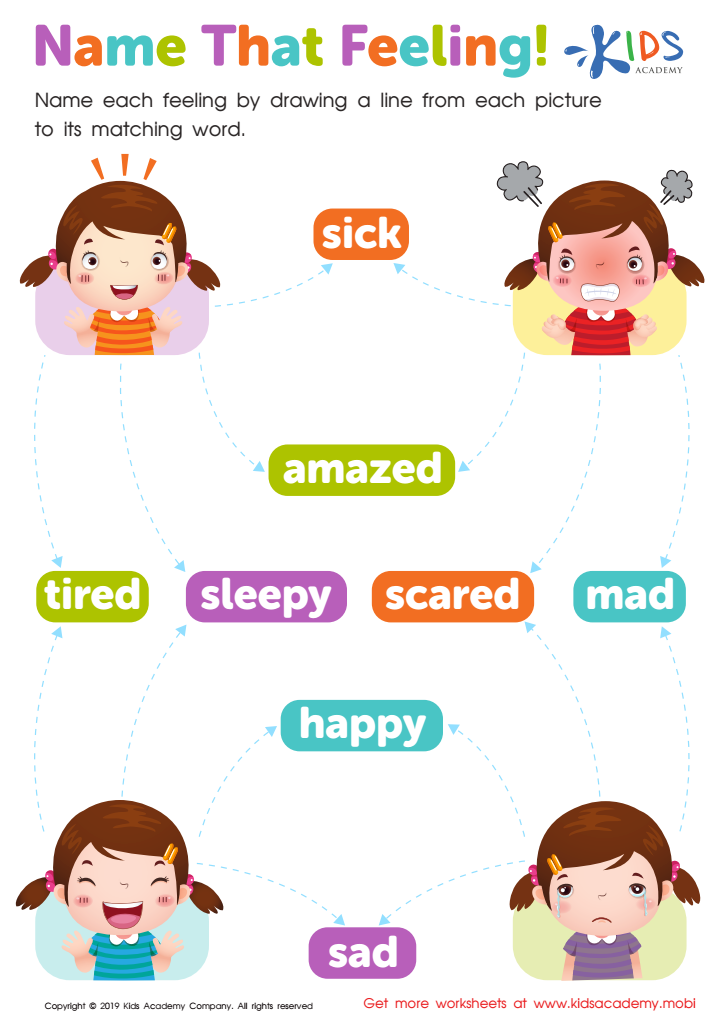

Name that Feeling Worksheet
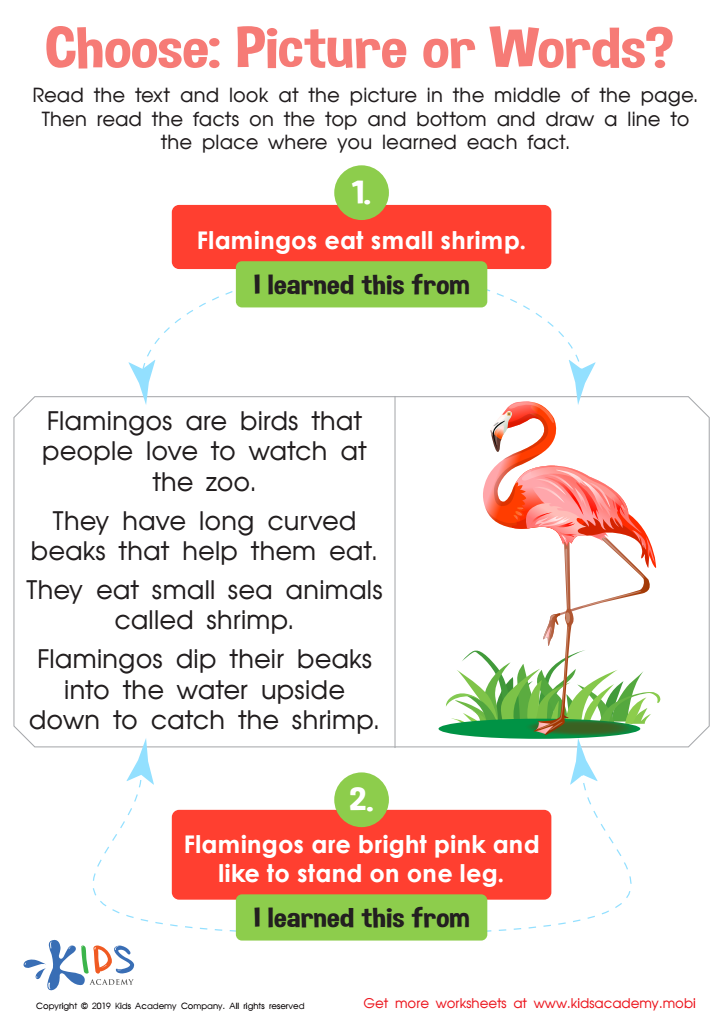

Choose Picture Words Worksheet
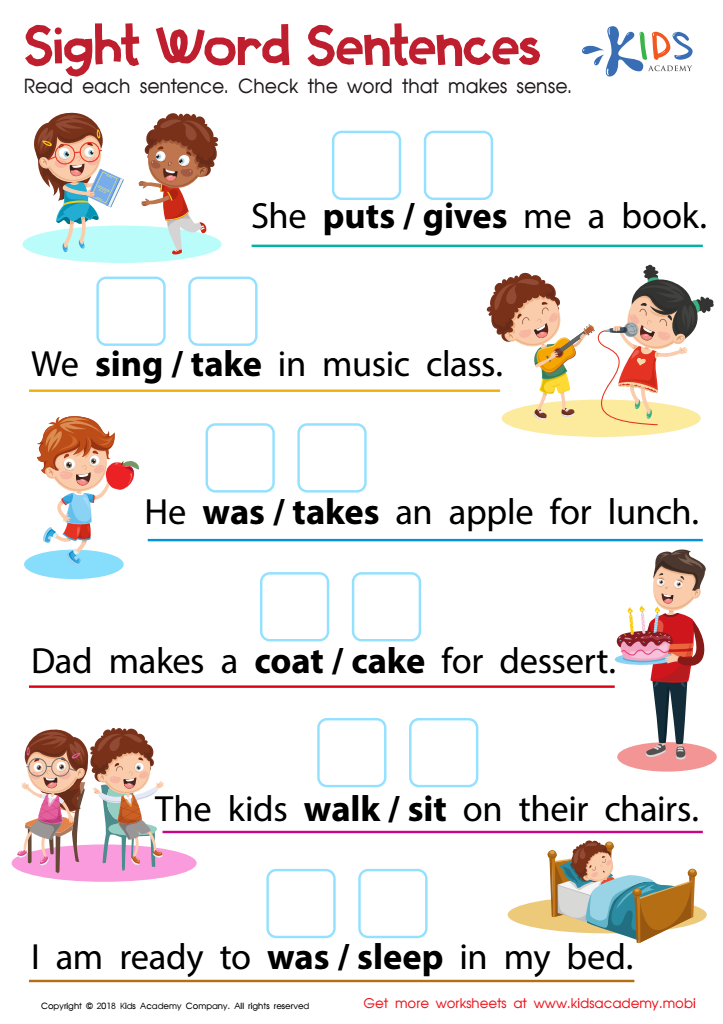

Sight Words Sentences Worksheet
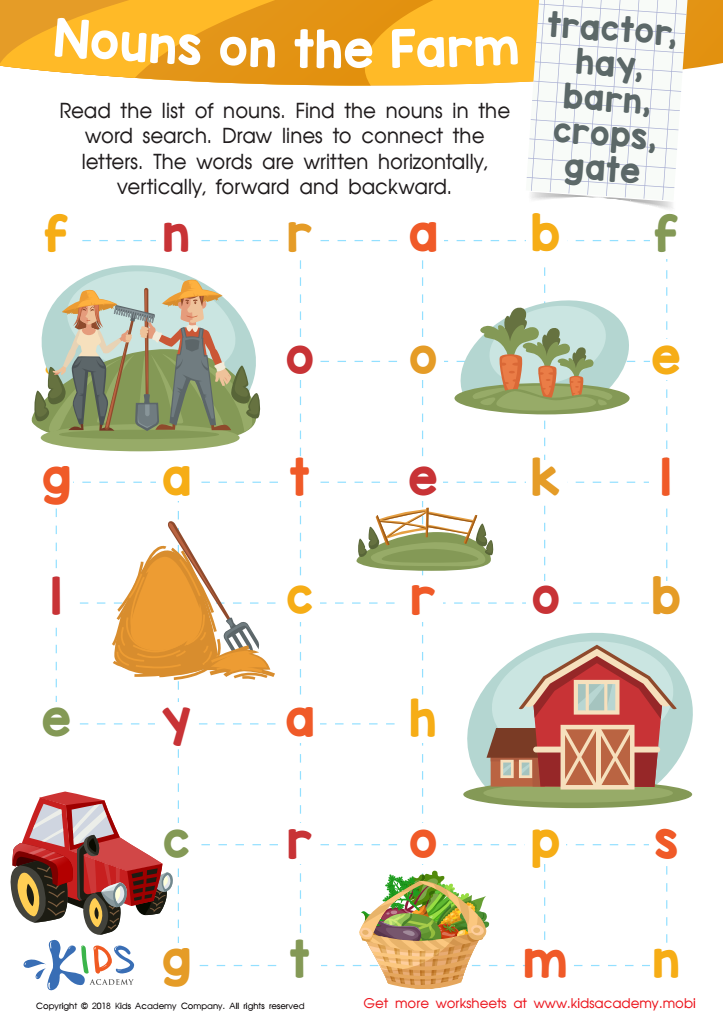

Nouns on the Farm Worksheet
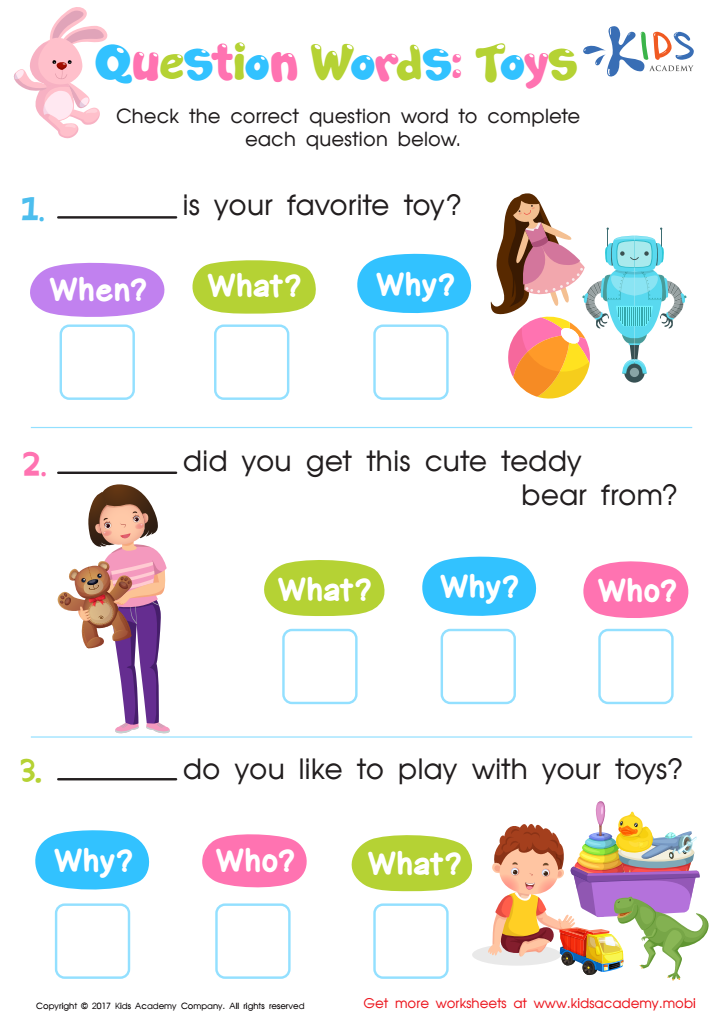

Question Words: Toys Worksheet
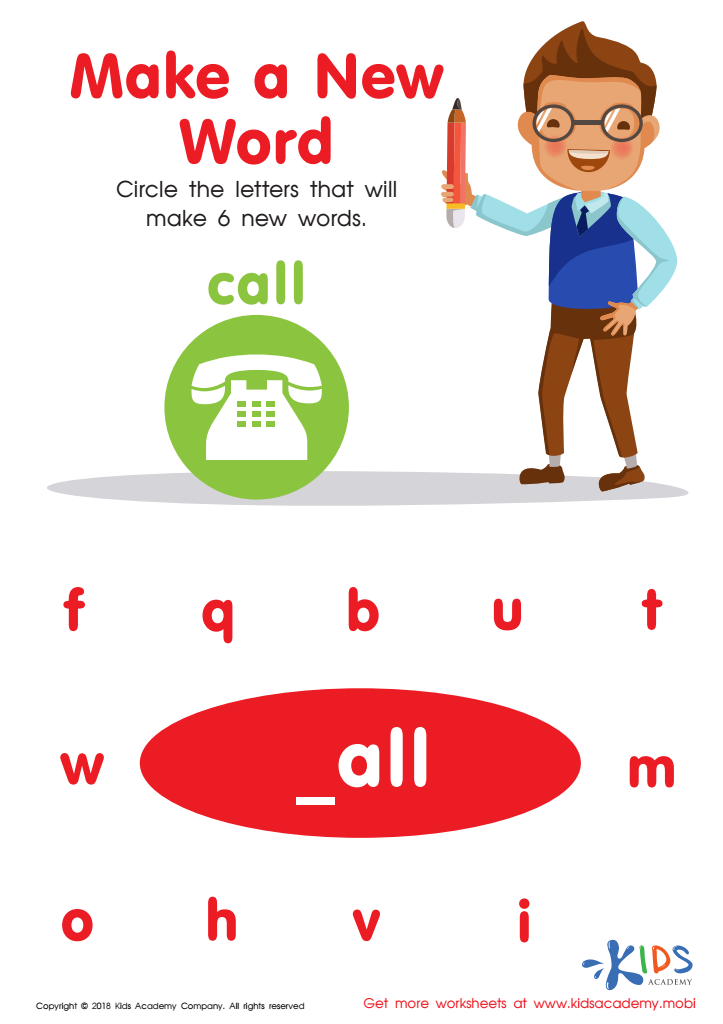

Make a New Word Worksheet
Parents and teachers should prioritize reading comprehension and vocabulary building for children aged 3-7 because these foundational skills are critical for their overall cognitive development and academic success. In these early years, children’s brains are highly receptive to language acquisition. Fostering strong vocabulary and comprehension skills can significantly enhance their ability to understand and process new information.
Reading comprehension is not just about decoding words; it involves making sense of text, understanding context, and deriving meaning. When children practice comprehension early, they develop critical thinking and analytical skills that benefit them across all subjects. Enhanced vocabulary enables children to express themselves more effectively, fostering better communication skills, which are crucial in both academic and social settings.
Early vocabulary building also facilitates smoother transitions from simple picture books to more complex texts, avoiding struggles often encountered in later grades when academic demands increase. Engaging children in reading challenges ensures they see reading as enjoyable, potentially fostering a lifelong love of learning.
Moreover, extensive studies have demonstrated a direct correlation between early literacy skills and long-term educational achievements. By incorporating reading comprehension and vocabulary-building activities, parents and teachers can set a strong educational foundation, ensuring children are well-prepared for future academic endeavors and successful, well-rounded lives.
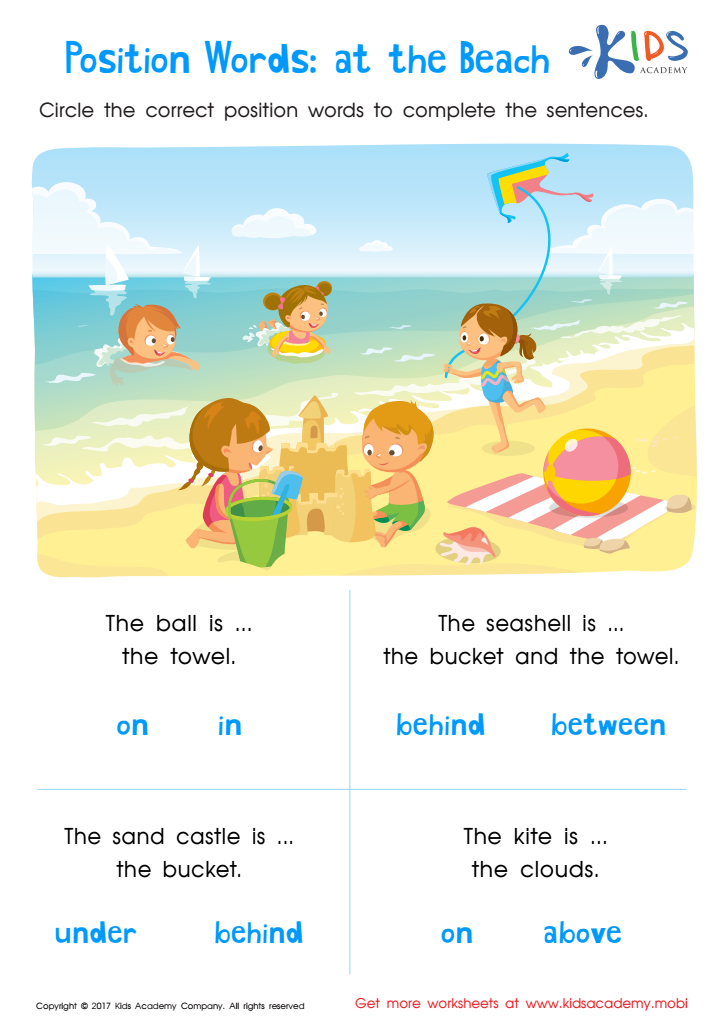
 Assign to My Students
Assign to My Students









